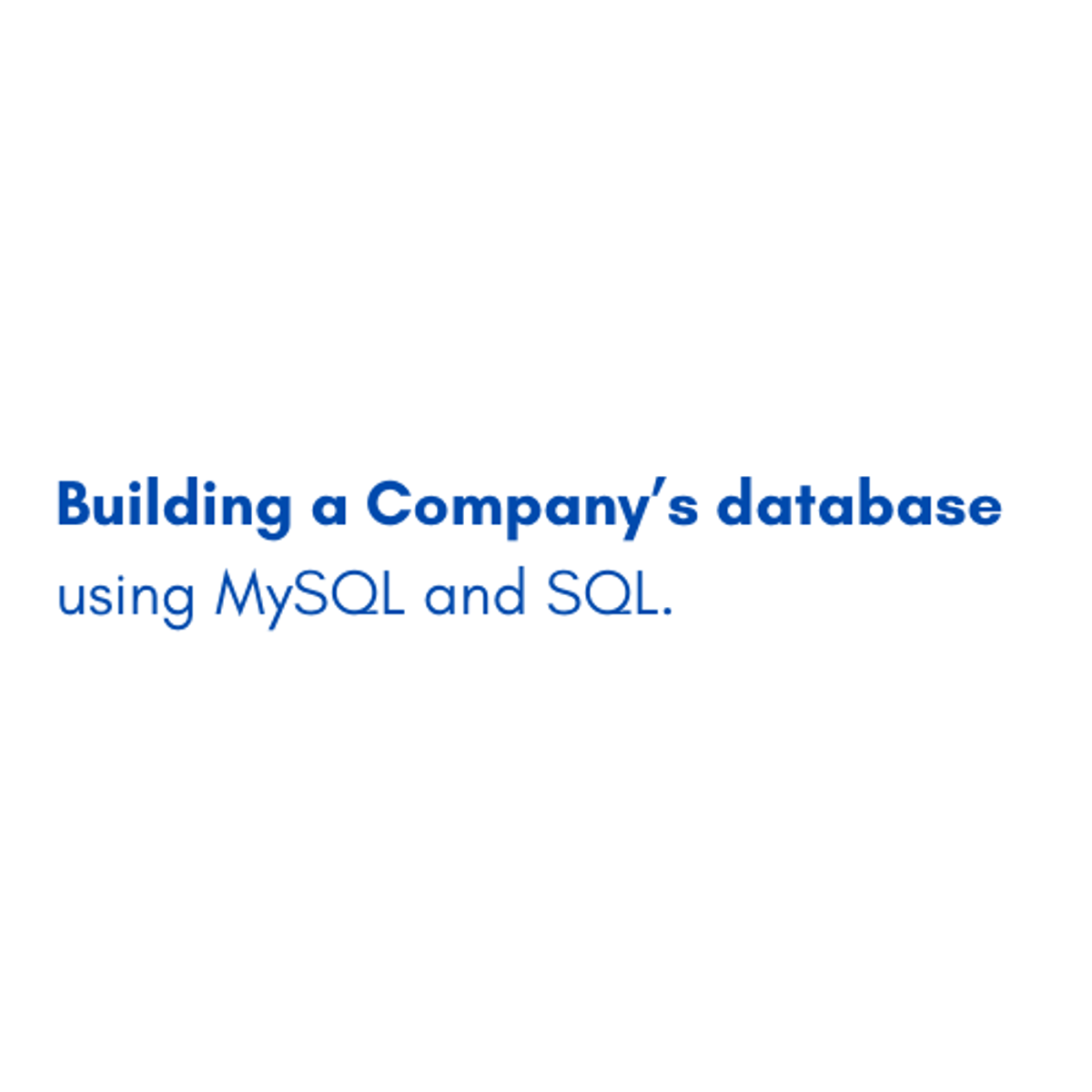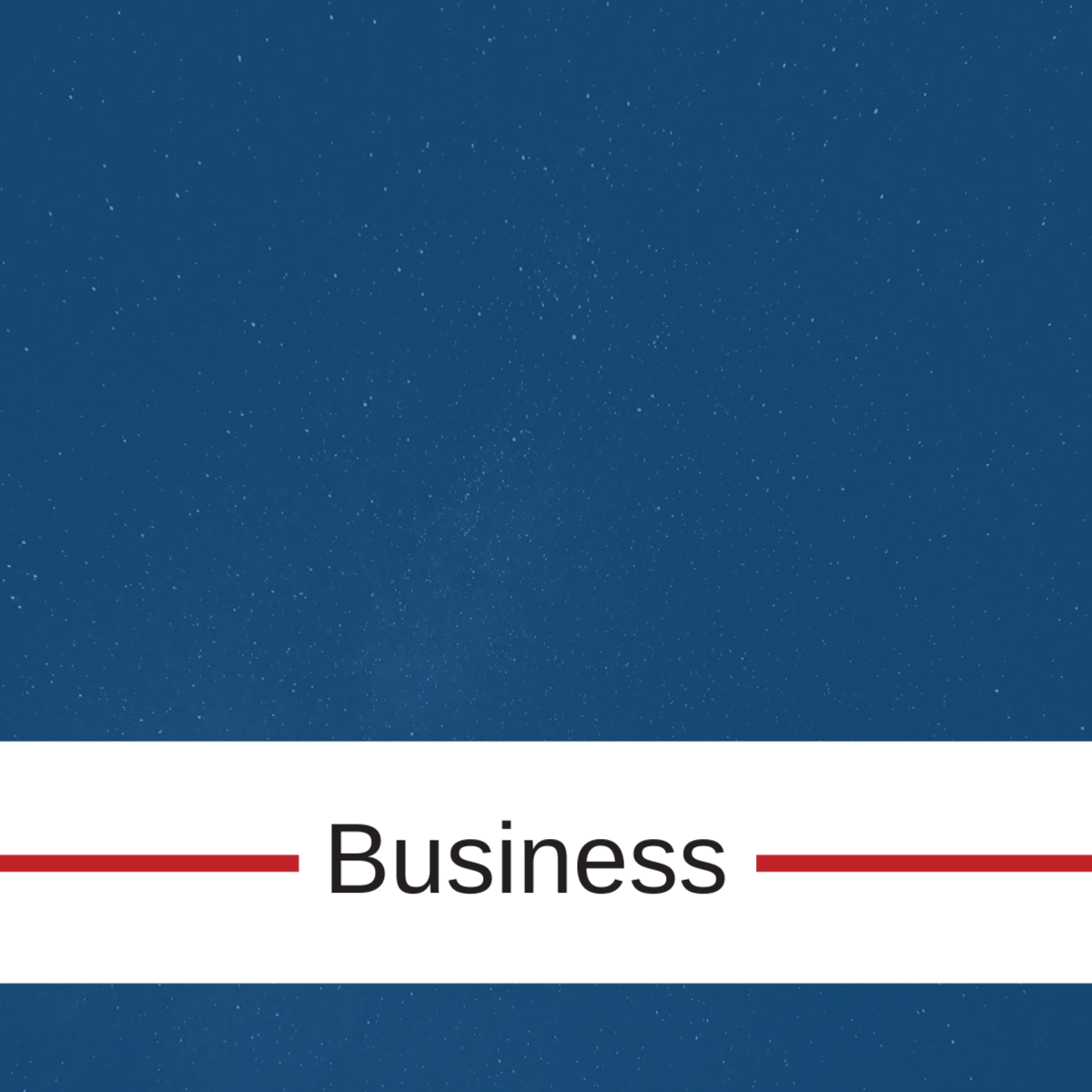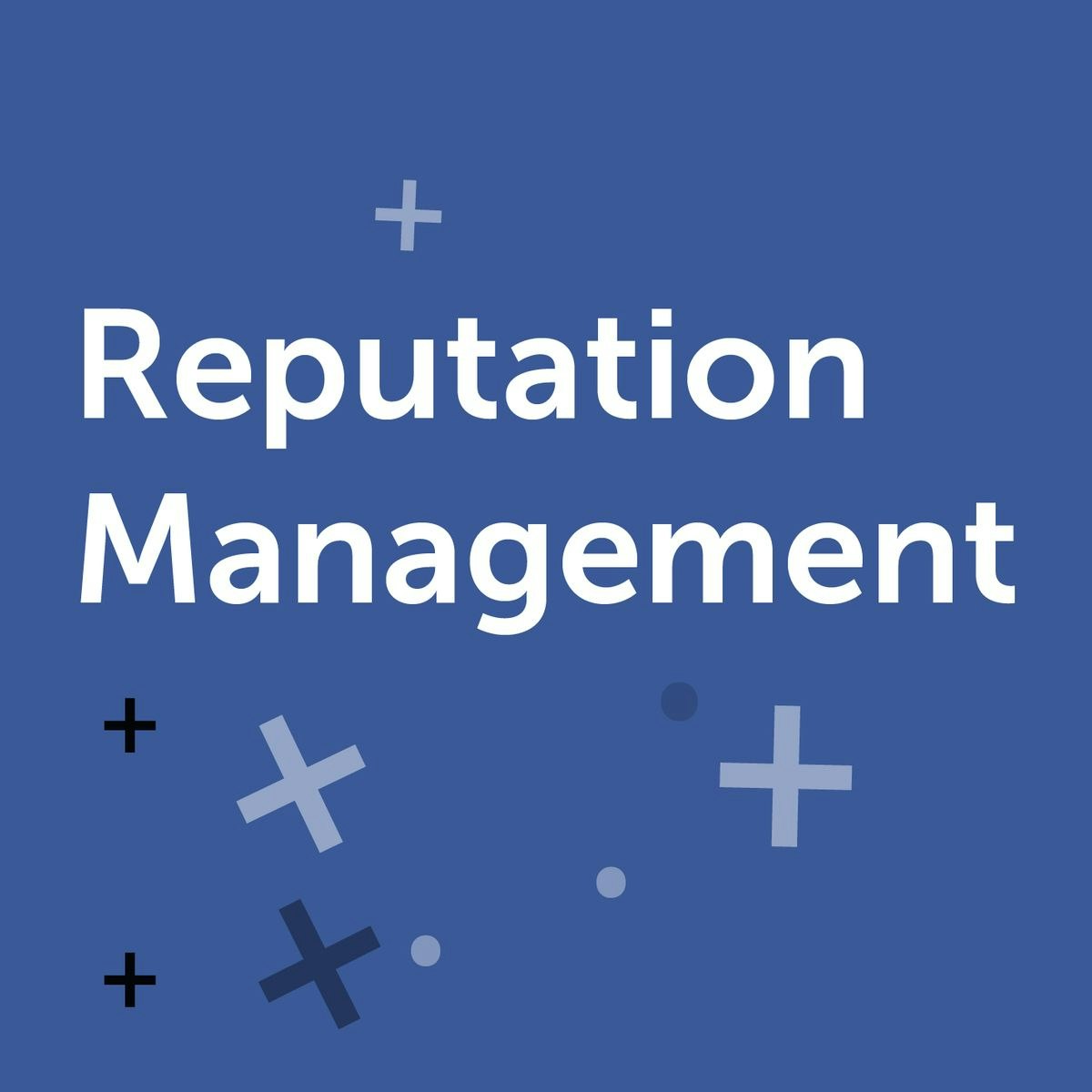Back to Courses









Data Management Courses - Page 33
Showing results 321-330 of 399

Installing Anthos Service Mesh on Google Kubernetes Engine
In this lab you will install the Anthos Service Mesh, and use it with the Bookinfo microservices application, all on a GKE cluster.

Explore stock prices with Spark SQL
In this 1-hour long project-based course, you will learn how to interact with a Spark cluster using Jupyter notebook and how to start a Spark application.
You will learn how to utilize Spark Resisilent Distributed Datasets and Spark Data Frames to explore a dataset. We will load a dataset into our Spark program, and perform analysis on it by using Actions, Transformations, Spark DataFrame API and Spark SQL.
You will learn how to choose the best tools to use for each scenario. Finally, you will learn to save your results in Parquet tables.

Building a Company’s database using MySQL and SQL
By the end of this project, you will create a database for a company using MYSQL and SQL commands. You will be able to create databases and tables, form relationships between the tables , write SQL commands to manipulate your data, write SQL functions to perform mathematical operations on your data and write regular expressions.
This project will help you get your hands on the Structured query language which is the language used to communicate with databases and how to form entity relationships between tables.
Note: This course works best for learners who are based in the North America region. We’re currently working on providing the same experience in other regions.

Introduction to Google Docs
In this project, you will use Google Docs to create a document. You will be able to format text by creating paragraph form and setting line spacing. You will also learn how to create headers and footers along with sub headers. Tables and charts will be used within the document. You will learn a couple of methods for inserting charts that automatically update within the document. A review of how to share the document and protect the document while sharing will also be covered in the project.
Note: This course works best for learners who are based in the North America region. We’re currently working on providing the same experience in other regions.

Introduction to SQL for BigQuery and Cloud SQL
This is a self-paced lab that takes place in the Google Cloud console.
In this lab you will learn fundamental SQL clauses and will get hands on practice running structured queries on BigQuery and Cloud SQL.

Server side JavaScript with Node.js
Have you ever wondered how you are able to do net banking or book a ticket online? Which technology is adopted for applications used in different businesses?
Backend technology acts as a backbone to every web application. It typically includes all services, data interfaces and their core business logic.
This course will introduce you to the Node.js environment and help you design and develop backend or server-side of the application. It also provides you with hands on coding exercises and will enable you to build JavaScript programs and test and execute them in the Node.js environment.

Build and Utilize Forms in LibreOffice Base
By the end of this project you will have used LibreOffice to create and use a variety of forms for entering, updating, and browsing data in relational tables. A form is typically designed to be a more user-friendly and secure interface for accessing data from one or more tables.
Note: This course works best for learners who are based in the North America region. We’re currently working on providing the same experience in other regions.

Machine Learning: an overview
The course provides a general overview of the main methods in the machine learning field. Starting from a taxonomy of the different problems that can be solved through machine learning techniques, the course briefly presents some algorithmic solutions, highlighting when they can be successful, but also their limitations. These concepts will be explained through examples and case studies.

Introduction to Databases for Back-End Development
Back-end developers write applications that end-users use to interact with databases. Some common tasks that end-users carry out using these applications include storing, searching, extracting and manipulating data.
Therefore, it’s essential that all back-end developers possess strong knowledge and experience with how databases work.
In this course, you’ll receive an introduction to databases and explore the different ways in which they can be used to store and manage data. You’ll also learn to distinguish between different types of database management systems. You’ll then practice basic creation and data selection tasks with the use of Structured Query Language (SQL) commands.
By the end of this course, you’ll be able to:
- Demonstrate a working knowledge of the concepts and principles that underpin how databases work
- Identify and explain the different types of core technology and management systems used in
databases
- Identify and interpret basic SQL statements and commands
- Manipulate records in a database with the use of SQL statements and commands
- Outline alternatives to SQL
- and plan and design a simple relational database system
You’ll also gain experience with the following:
- Fundamental concepts in database
- Basic MySQL syntax and commands
- Database management systems
- Relational databases
Reputation Crisis? Facebook meets Cambridge Analytica
Do you remember when you first created your Facebook account? Do you know what happens to the data and stories you share on Facebook? Are you aware of the Facebook – Cambridge Analytica crisis and its ramifications?
In this course, you will take a deep dive into reputation management by tackling a case study on the crisis, the effects of which are still unravelling for Facebook, the tech industry, and society at large. You will explore the concept of corporate reputation, and touch upon topics such as data privacy implications for the big tech or the importance of leadership and culture, and how Mark Zuckerberg’s leadership might have affected Facebook in particular. In the final project, you will be asked to link theory and practice to provide an analysis of events and make recommendations for Facebook, going forward.
This 6-module course has a study time of about 20 hours. It is recommended for anyone studying communication or management, practitioners interested in crisis and reputation management, or anyone with an interest in case learning that explores real-life business challenges. Each week, you will be introduced to engaging content, such as videos, quizzes, discussion forum, and academic readings, and be encouraged to apply learned knowledge to the case. The final module – the capstone project – is assessed by peer review.
Broaden your knowledge of reputation and crisis management, and hone your critical decision-making skills. Are you ready to look beyond Facebook, and draw lessons from it that can be applied in many other situations? Register now!
WHAT YOU WILL LEARN
• Analyse the challenges of reputation management in the digital age
• Examine the role of leadership and corporate culture in reputation management
• Understand the role and relevance of counter-institutional mechanisms, such as whistleblowing, to check corporate power and influence
• Examine the interaction and nexus of politics and business and their ethical and societal consequences
• Understand the wider scope of corporate responsibilities in business organisations
• Analyse how large tech companies manage or reconcile the paradox between commercial and societal interests
Popular Internships and Jobs by Categories
Browse
© 2024 BoostGrad | All rights reserved


